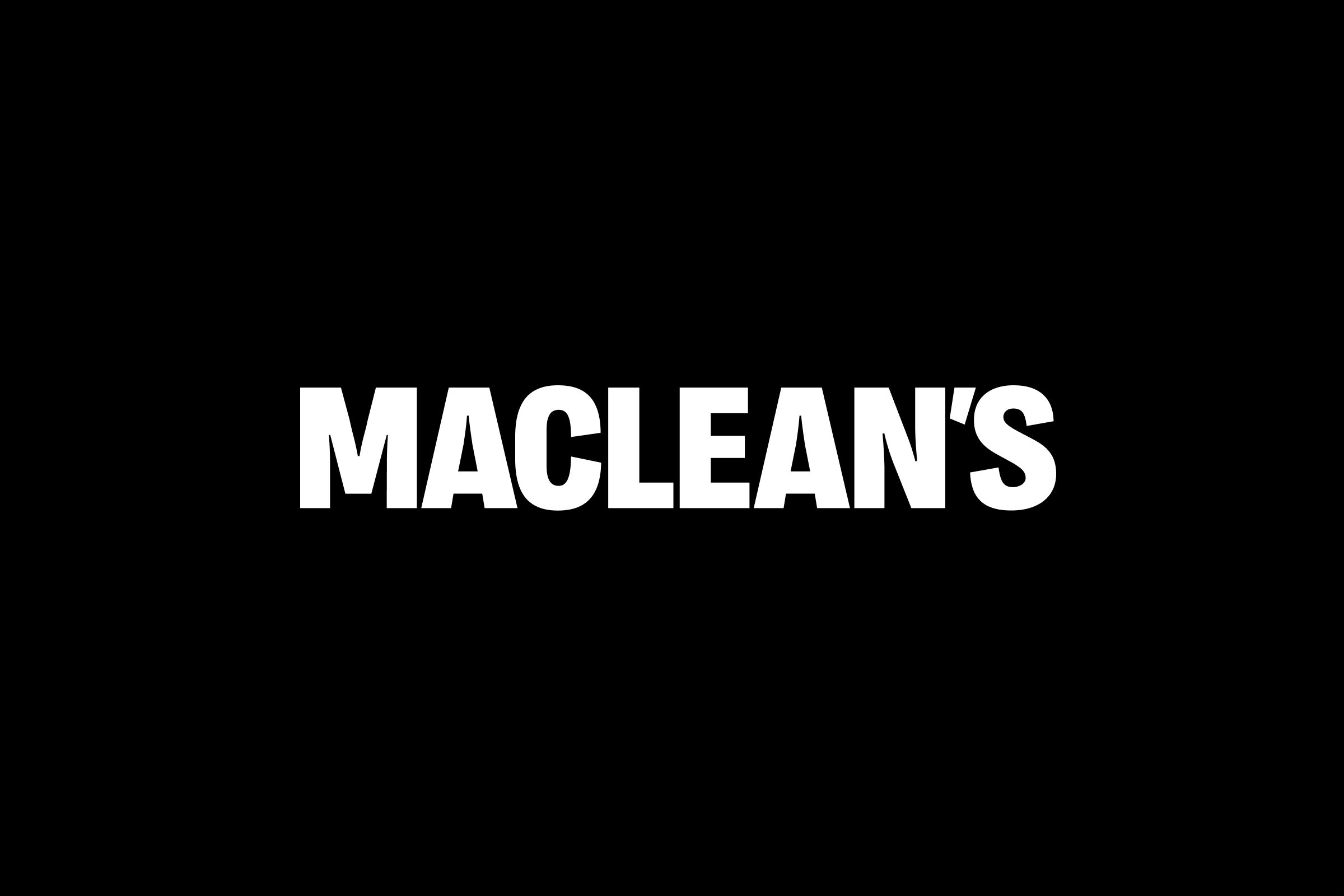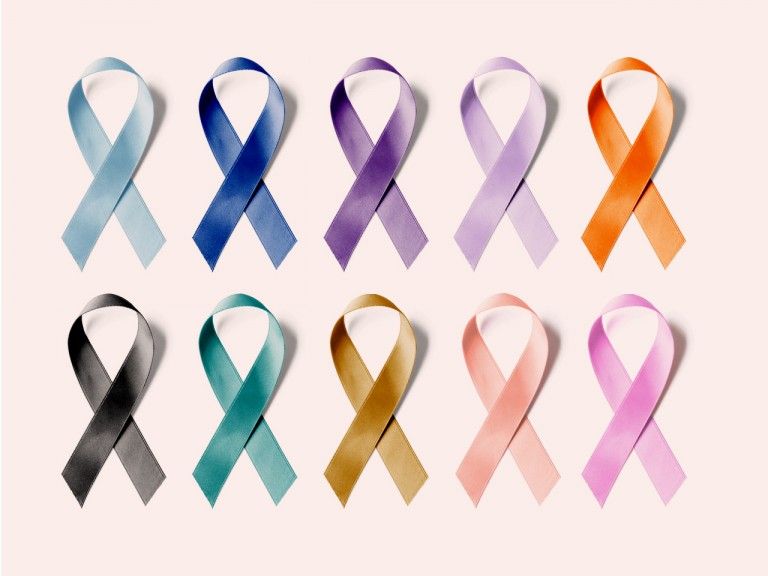women's health
Women need health and dental care to stay out of prison
A new study reveals that basic health care, both in prison and on release, is essential to ensure successful reintegration into society
Are we winning the fight against cancer in women?
Overall, Canadian women are 13 per cent less likely to die from cancer now than two decades ago—but fatality rates for some types, like lung cancer, remain the same
Don’t blame Gwyneth Paltrow, blame the medical status quo
The “wellness” industry boom has stirred much debate, but Anne Kingston argues that the real problem to address is the ongoing medical gender gap that is leaving women frustrated.
From kitchen spice to contraceptive
Modified in the lab, the Indian curry spice curcumin ‘may be better than a condom’
Richer, happier, fitter? Not for female executives.
The new health-wealth paradox
Consumerism affected by menstrual cycle
Study shows women may eat more and gussy themselves up at certain times of the month
Students confused by emergency contraception
40 per cent would give incomplete advice
Reverse sexism at Simon Fraser
Long live the Men’s Centre
Women don’t have to push so much
Dr. Aaron Caughey on labour and how epidurals changed childbirth
Women’s health may be in decline
Signs of setbacks identified in the U.S.
Science-reporting smell test of the week
Colby Cosh on how a study linking abortion and depression was grossly misinterpreted
A game-changer on abortion & breast cancer? You make the call
The long-standing controversy over the link between therapeutic abortion and breast cancer found its way onto unexpected territory—the Globe and Mail website—on Friday. The pro-life movement has long been quarrying the epidemiological literature for the smoking gun of what it calls “ABC”. This is what pro-lifers ask Santa for Christmas, or wish for when they see a falling star: that abortion will turn out to carry previously unsuspected harms which might become the pretext for outlawing it completely, for imposing severe restrictions on it, or, at the very least, for stigmatizing it like tobacco and allowing clients to receive a scary mandatory lecture on cancer risk in the name of informed consent.








